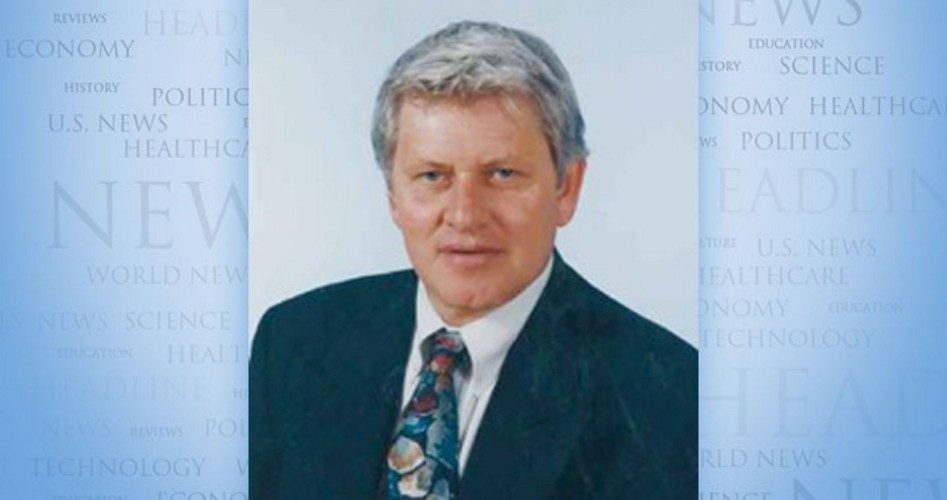
A primary focus in economics is the concept of unintended consequences -— the secondary impacts of laws, mandates, taxes, and other public policies that are frequently different, and often the opposite, of what was envisioned by the authors and proponents of such government actions.
A current example was highlighted in an October 30th Investor’s Business Daily (IBD) editorial, “Obama’s Anti-Discipline Policy Backfires.”
Reported IBD: “St. Paul, Minn., public schools are dealing with escalating classroom chaos after adopting minority-friendly discipline policies that the Obama Education Department pushed to close ‘racial disparities’ in suspensions and expulsions. High-school kids are bringing loaded guns to class now to protect themselves from gang fights breaking out on a daily basis because teachers can no longer kick bad kids out of school.”
The fundamental flaw underlying this centrally commanded anti-discipline policy is the incorrect idea, but politically correct notion, that there are no “racial disparities” in behavior.
Once racial behaviors are officially and untruthfully deemed to be equal by the government’s social engineers, it’s a short step to decreeing that any differences in disciplinary outcomes are based on racism, on prejudicial and moral flaws that can be corrected by federally administered penalties.
The results were easily predictable, as explained in IBD’s editorial: “Since the Obama regime threatened to withhold federal funds for districts that fail to reduce racial gaps in discipline, St. Paul has tried to keep students in schools rather than send them home for disciplinary issues. Suspensions are down, but infractions are exploding.”
It’s the same story outside of school with murders exploding in the streets of America’s major cities.
“President Obama and Attorney General Eric Holder, before he stepped down last month, embraced the conceit that law enforcement in black communities is infected by bias,” wrote the Manhattan Institute’s Heather Mac Donald in his commentary “The New Nationwide Crime Wave: The consequences of the ‘Ferguson effect’ are already appearing. The main victims of growing violence will be the inner-city poor” (Wall Street Journal, May 29, 2015).
“The nation’s two-decades-long crime decline may be over,” reported Mac Donald. “Gun violence in particular is spiraling upward in cities across America. In Baltimore, the most pressing question every morning is how many people were shot the previous night. Gun violence is up more than 60 percent compared with this time last year.”
Mac Donald geographically enumerated the exploding violence: Milwaukee homicides up this year by 180 percent over the same period last year, shootings in St Louis up 39 percent, murders in Atlanta up 32 percent, shootings in Chicago up 24 percent, shooting victims in South Central Los Angeles up 100 percent, and shooting incidents up 500 percent in an East Harlem precinct.
“The most plausible explanation of the current surge in lawlessness is the intense agitation against American police departments over the past nine months,” maintained Mac Donald.
FBI Director James Comey appears to agree with Mac Donald regarding the link between the soaring murder rates and the anti-cops campaigns.
“Something deeply disturbing is happening in places across America,” Comey told students at the University of Chicago Law School in October. “Far more people are being killed in many American cities, many of them people of color, and it’s not the cops doing the killing.”
Stated Comey: “Part of the explanation is a chill wind that has blown through law enforcement over the last year and that wind is surely changing behavior. In today’s YouTube world, are officers reluctant to get out of their cars and do the work that controls violent crime?”
The unintended consequence? What began as well-intentioned policies and protests to help out the oppressed and downtrodden is now directly subjecting the intended beneficiaries to poorer learning environments and more murderous neighborhoods.
Ralph R. Reiland is an associate professor of economics and the B. Kenneth Simon professor of free enterprise at Robert Morris University in Pittsburgh.


